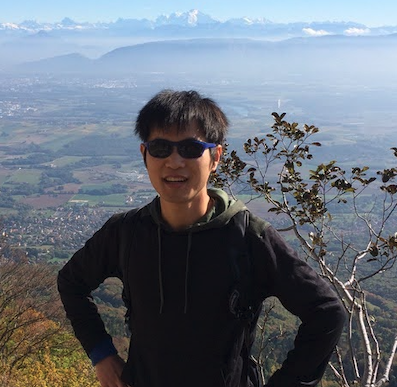Better Human with Machine Learning
In recent years, the rapid advancement of machine learning, particularly in the realm of deep learning, has revolutionized various fields, notably natural language processing. This surge in development owes much to the exponential growth of available data and the escalating computational power at our disposal. However, amidst this technological boom, it’s crucial to consider how machine learning contrasts with the innate process of human learning.
While both machine learning and human learning necessitate input, the magnitude of information required by machines far surpasses that needed by humans. Machines thrive on copious amounts of data and substantial computational resources to train models effectively. This reliance on data and computing power has led to groundbreaking achievements, such as image recognition, language translation, and autonomous driving. However, it also underscores a fundamental difference between machine and human cognition.
Human learning, in contrast, often occurs with much less data, relying instead on cognition, experience, and intuition. From infancy, humans possess an innate capacity for learning and adaptation, driven by curiosity and exploration. While machines excel in processing vast datasets to identify patterns and make predictions, humans demonstrate remarkable flexibility and creativity in their learning process. This adaptability allows humans to learn from sparse or noisy data, extrapolate knowledge across domains, and generalize learning to new situations—a feat that remains challenging for artificial intelligence.
Moreover, the methodologies of machine learning and human learning diverge significantly. Machines operate within the confines of structured algorithms and predefined parameters. In contrast, human learning is characterized by its flexibility and adaptability. Humans have the remarkable ability to extrapolate knowledge from seemingly unrelated domains, drawing insights from diverse experiences. For instance, a chef might apply principles of chemistry to refine culinary techniques, showcasing the interdisciplinary nature of human learning.
The essence of human learning lies not only in the acquisition of information but also in the synthesis and application of knowledge. Humans possess cognitive faculties, such as critical thinking, creativity, and emotional intelligence, which enable them to navigate complex problems and make informed decisions. While machines can emulate certain aspects of human intelligence, they often lack the depth and nuance of human understanding.
As a passionate advocate for both machine learning and human learning, I am deeply intrigued by the intersection of these two domains. My aspiration is to delve into the intricacies of machine learning, comprehensively understanding algorithms, data processing, and infrastructure. However, beyond mere technical proficiency, my ultimate goal is to leverage machine learning to enhance human learning experiences.
Imagine a future where personalized learning platforms use machine learning algorithms to adapt to individual learning styles and preferences, providing tailored recommendations and interactive experiences. These platforms could analyze learning patterns, identify areas of strength and weakness, and offer targeted interventions to optimize learning outcomes.
Furthermore, machine learning can play a pivotal role in addressing challenges in education, such as access to quality learning materials, personalized instruction, and assessment. By harnessing data-driven insights, educators can design more effective curriculum, identify at-risk students, and provide timely interventions to support their learning journey.
Ultimately, the synergy between machine learning and human learning holds immense potential to reshape education, research, and innovation. By embracing this convergence, we can foster a future where learning is not just a process of accumulation but a journey of enlightenment and empowerment. Through continuous collaboration and exploration, we can unlock new frontiers in knowledge discovery, creativity, and human potential.
